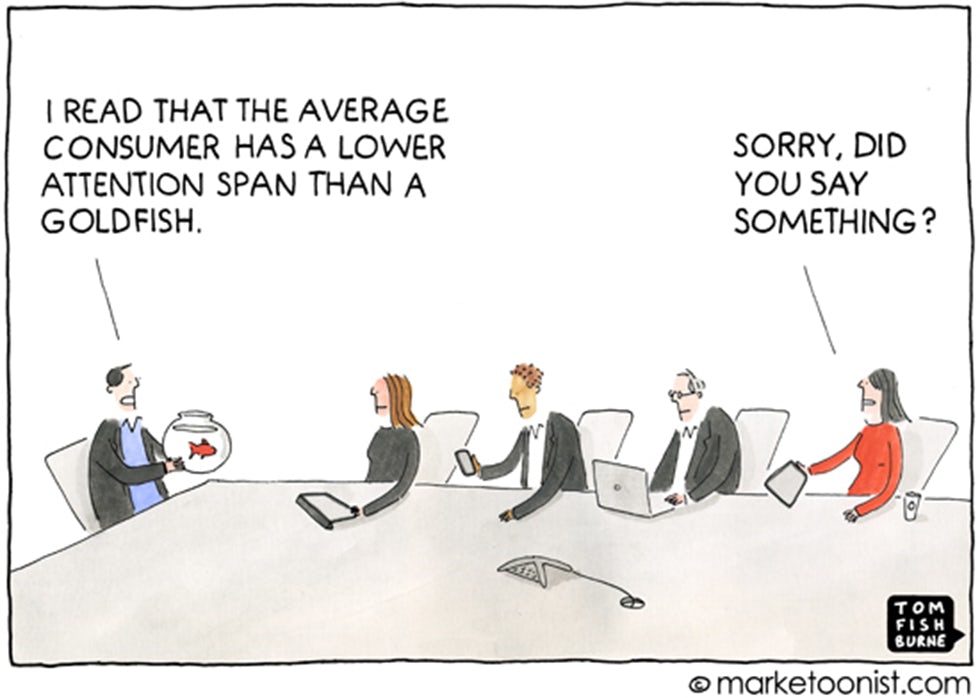By Maria Boulieri,
The “average consumer” is a notion we use a lot in European and International Law, as a criterion to determine the level of protection a consumer needs and to form the laws and common trade practices accordingly. Its interpolation can be constantly changing, as it is based on consumers’ behavior. We can say in a sentence that “average consumer” is a benchmark of consumers’ protection law that aims to protect consumers from unfair commercial practices.
This notion appeared for the first time at the Gut Springenheide Case (C-210/96 Gut Springenheideand Tusky [1998]). In that case, it was mentioned that “in order to assess whether a description on the packaging of a food product is misleading, the National Court must take into account the presumed expectations of the average consumer”.
So, who is considered to be an average consumer?
Under Article 5.2(b) in Unfair commercial practices directive (UCPD), it is stated that: “A commercial practice is unfair if it materially distorts or is likely to materially distort the economic behavior with regard to the product of the average consumer whom it reaches or to whom it is addressed”. However, in order to define this notion better, we should go to the Recital 18 of the same directive states, where it is stated that “[…] the average consumer, who is reasonably well-informed and reasonably observant and circumspect, taking into account social, cultural, and linguistic factors, as interpreted by the Court of Justice”.

These are some broad characteristics of the average consumer that, of course, need to be interpreted separately at first and as a whole at a second stage, in order to completely understand who exactly is the average consumer. Taking these characteristics one by one, we have at first that an average consumer is a person who is “reasonably well-informed”. It has been further explained that the consumer usually has a rough idea, but not necessarily a detailed knowledge about the product or service in question. The average consumer is not an expert, nor a specialist.
Moreover, the average consumer is a person that is “reasonably observant”. The level of consumer attention often depends on their knowledge and on how familiar they are is a priori regarding the particular product. For example, an I.T. expert cannot be considered an average consumer when buying a laptop, as they are very familiar with products like laptops and are supposed to have deep knowledge that helps observe an obvious malfunction of the product, which would not be noticed easily, for example, by a linguist.
Another point is that the average consumer is considered to be “reasonably circumspect”. That simply has been explained by the C-470/93 Verein gegen Unwesen in Handel und GewerbeKöln e.V. v Mars GmbH case (1995) as follows: “A reasonably circumspect consumer is someone who does not believe that the size of a promotional marking on a package corresponds to the promotional increase in the size of the product”. We can simply say that this is a person who has that feeling of common logic.
The last part of the definition given by the directive, meaning the part of “taking into account social, cultural and linguistic factors” has been interpreted by the Court of Justice before. Based on the interpretation given, consumers in Member State A may be misled to expect a product to have certain characteristics on the basis of its name/trademark, whereas no such confusion would exist in the language of Member State B. For example, French consumers may not expect “Cotonellewipes” to contain cotton, but the same trademark may cause Italians to expect real cotton as mentioned in the case C-313/94 Fratelli GraffioneSNC v. Ditta Fransa (1996).

Some national courts, like Germany’s, Hungary’s, and the United Kingdom’s, have also ruled on the definition of the notion of the average consumer and concluded their own interpretations in specific cases. UK High Court of Justice, for example, ruled that the average consumer is a “consumer who takes reasonable care of themselves, rather than the ignorant, careless, or over-hasty” and that “one cannot assume that the average consumer will read the small print on promotional documents'”.
In parallel, the German Higher Regional Court of Karlsruhe ruled that “people with impaired eyesight can also be considered average consumers” and “printing information in a very small font can be a misleading commercial practice”. Finally, the Metropolitan High Court of Appeal in Hungary ruled that “a reasonably acting consumer is not suspicious and tends to trust that the received information is valid and accurate” and “a reasonably acting consumer is not obliged to search further for the entire accurate content of the message delivered to them unless the sender of the message emphatically draws their attention to, or there is a strong reference to, such an obligation in the text of the message”.
These are some examples of interpretations of the notion of average consumption given by different jurisdictions. However, there are many difficulties of interpretation, as it is not easy to reach a balance and predict the average consumer standard. Consumers do not all fall under one category, and there are many controversies of case law. The average consumer is informed, observant, and circumspect, but may have an imperfect understanding of a product purchase, and may not even pay attention to some features of the product. How we will take these facts into account, is a question still open to discussion.
References
- European Parliament, Council of the European Union, Unfair Commercial Practices Directive, in DIRECTIVE 2005/29/EC, eur-lex.europa.eu, Available here
- European Commission, Guidance on the implementation/application of directive 2005/29/EC on unfair commercial practices, eur-lex.europa.eu, Available here
- European Parliament, Application of the Unfair Commercial Practices Directive: Overview of the Commission’s May 2016 guidance document, europarl.europa.eu, Available here
- Rossella Incardona, Cristina Poncibò, The average consumer, the unfair commercial practices directive, and the cognitive revolution, in Journal of Consumer Policy, Springer, vol. 30, 2007
- Vanessa Mak, Standards of Protection: In Search of the ‘Average Consumer’ of EU Law in the Proposal for a Consumer Rights Directive, researchgate.net, Available here




